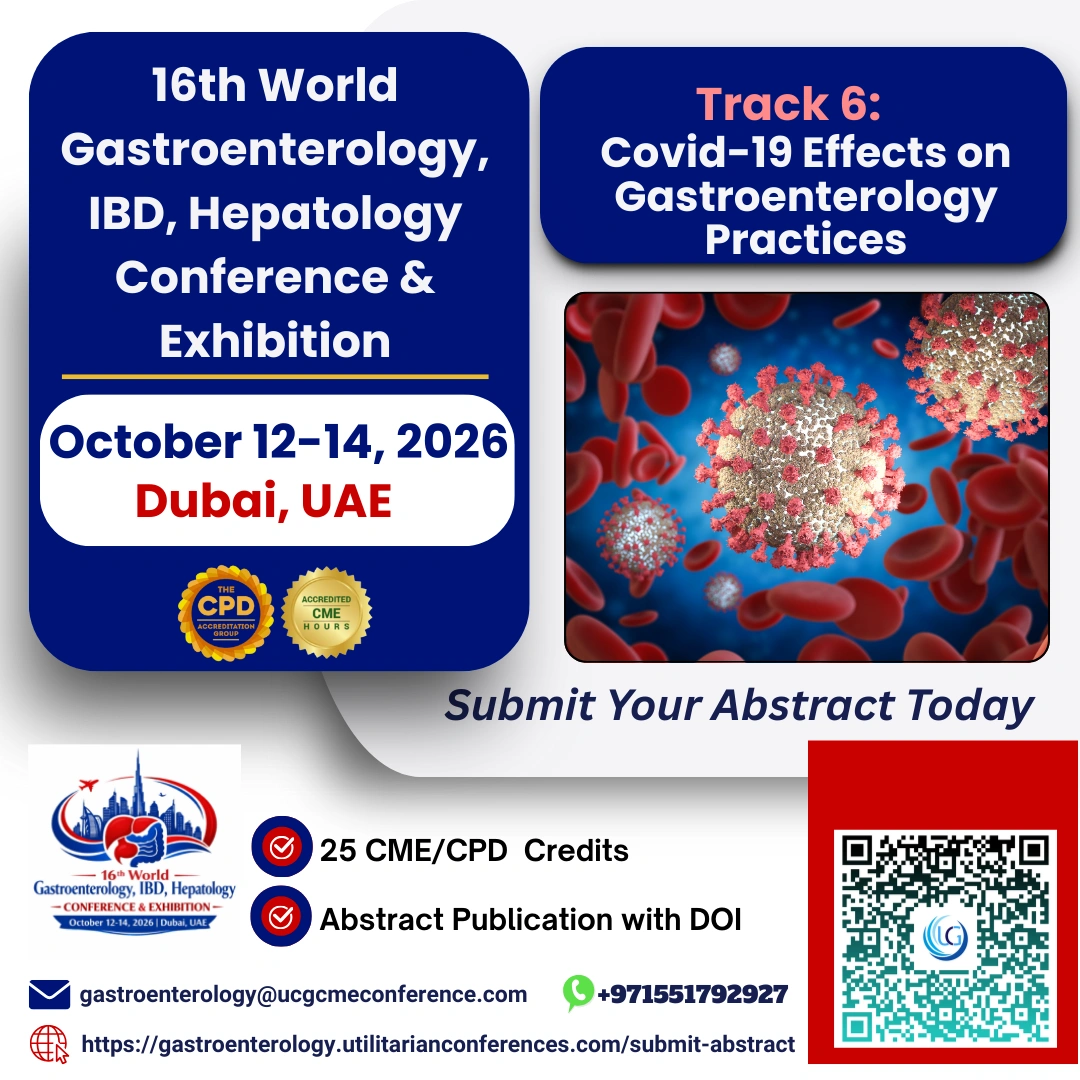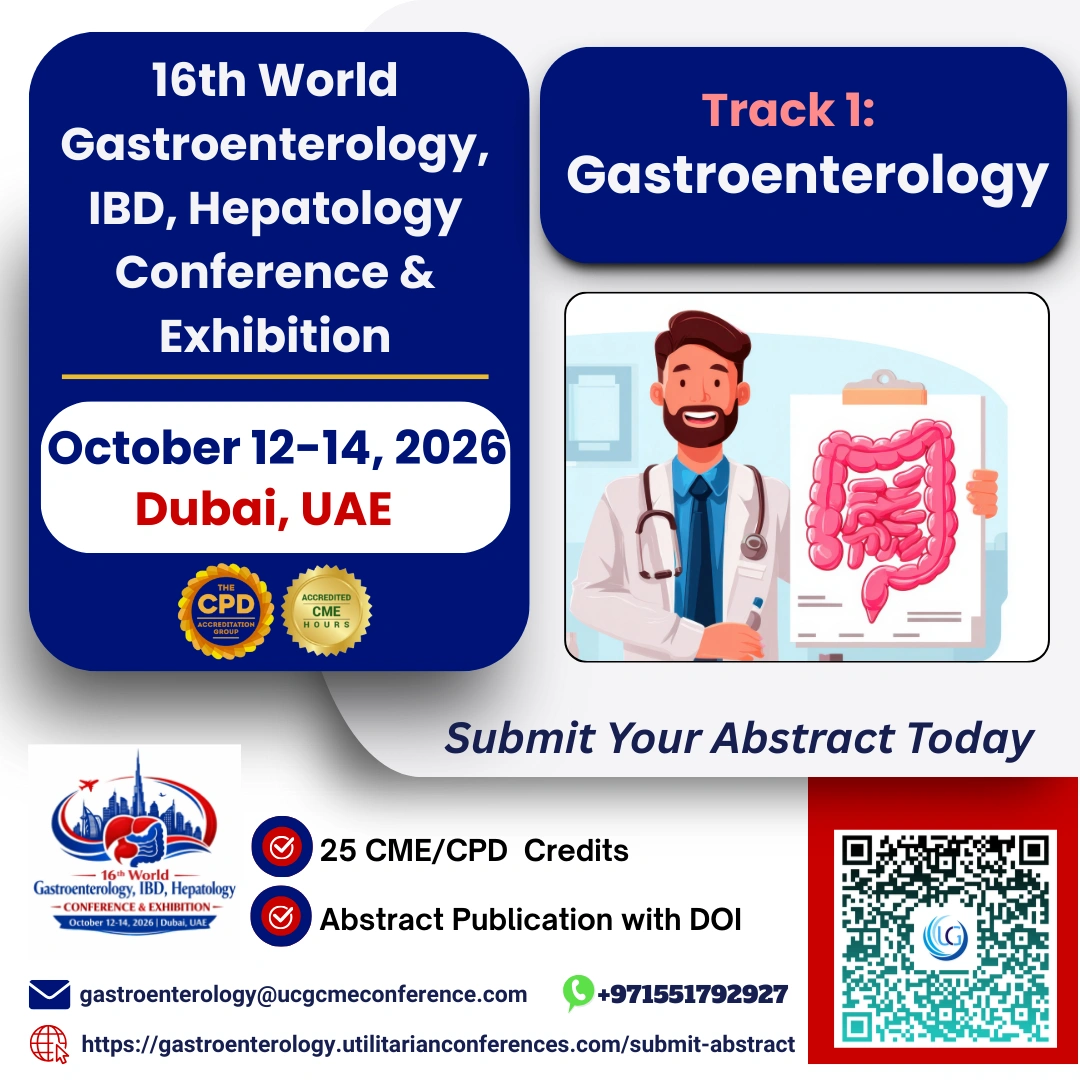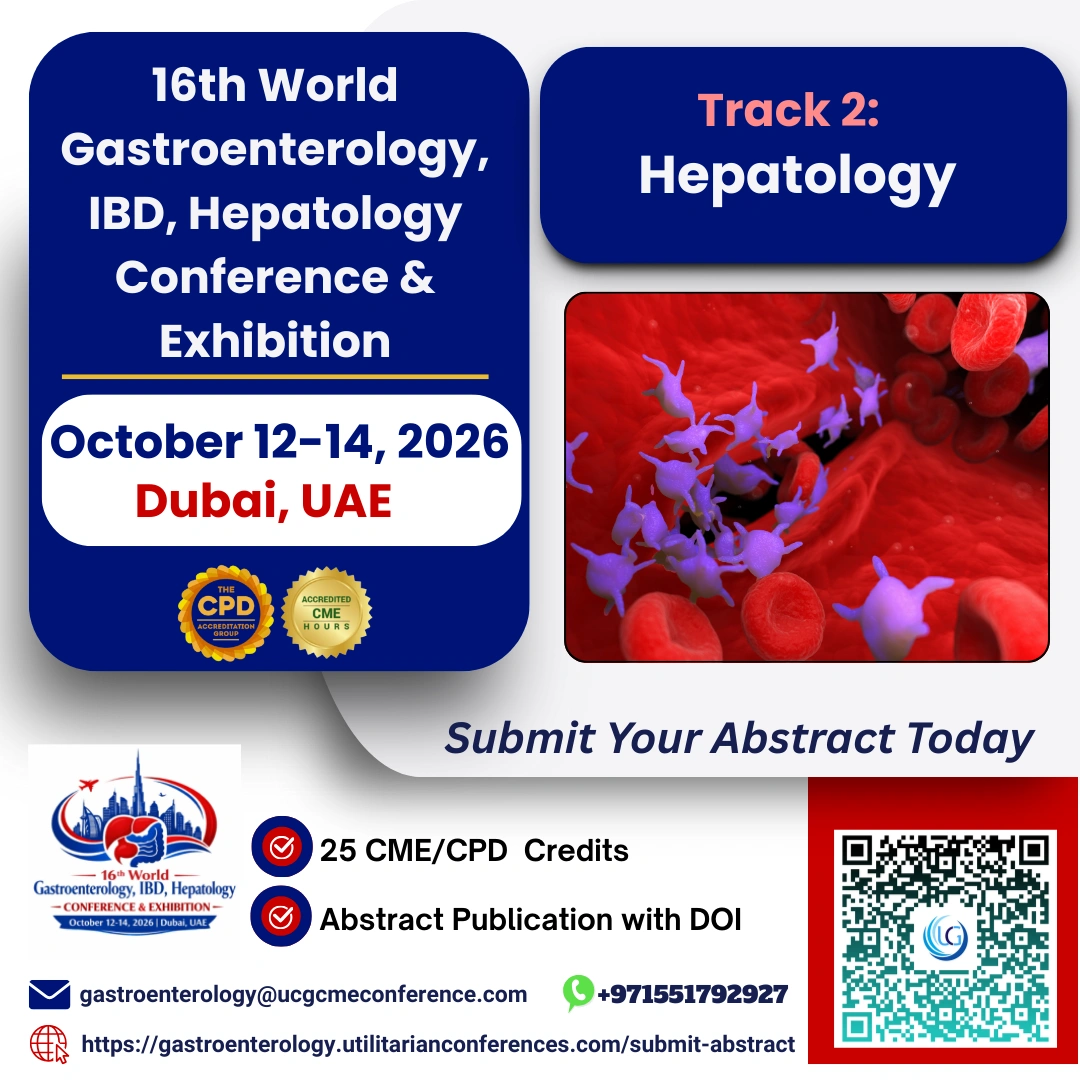



Gastroenterology is the study of the normal function and diseases of the...

What is Hepatology?
Hepatology is a specialized branch of medicine focused...

The COVID-19 pandemic brought unprecedented challenges to healthcare systems worldwide, and gastroenterology practices were no exception. From delayed endoscopic procedures to changes in patient behavior and new safety protocols, the field witnessed significant disruptions. Understanding these effects is essential for rebuilding resilient and effective gastroenterology care models in the post-pandemic era.
COVID-19 effects on gastroenterology practices refers to the medical, operational, financial, and patient-care impacts experienced by gastroenterologists and GI departments due to the pandemic. These include changes in diagnostic workflows, elective procedure postponements, infection-control demands, patient screening systems, and shifts toward telemedicine.
1. Clinical Impact
2. Operational Impact
3. Patient Behavior Changes
4. Technological Impact
Types
Problem
Solutions
Conclusion
COVID-19 significantly reshaped gastroenterology practices globally. While the pandemic created challenges—from procedure delays to operational disruptions—it also accelerated innovation, especially in telehealth and infection-control systems. Moving forward, gastroenterology practices must adopt hybrid care models, maintain strong safety protocols, and prioritize early screening to ensure high-quality patient care and long-term resilience.
Sub Track: Impact of COVID-19 on Gastroenterology Services, Post-Pandemic Recovery in GI Practices, Endoscopy Backlogs and COVID-19 Challenges, Infection-Control Measures in GI Departments, Telemedicine Adoption in Gastroenterology, COVID-19 and Delays in GI Cancer Screening, Pandemic-Driven Innovations in GI Care, Managing GI Symptoms in COVID-19 Patients, Operational Disruptions in Endoscopy Units, Financial Impact of COVID-19 on GI Practices, Patient Hesitation and Reduced GI Screenings, Staff Burnout in Gastroenterology During COVID-19, Triaging GI Procedures in a Pandemic, PPE Protocols for Endoscopy During COVID-19, COVID-19 Effects on Hepatology Services, GI Manifestations of SARS-CoV-2 Infection, Resuming Elective GI Procedures Safely, Remote Monitoring of GI Disorders, Artificial Intelligence in Post-COVID GI Care, Lessons Learned for Future GI Preparedness, Impact of COVID-19 on Pediatric Gastroenterology, Pandemic Influence on Digestive Disease Outcomes, Adjusting GI Practice Workflows Post-COVID, Long COVID and Gastrointestinal Complications, Strategies to Reduce GI Procedure Backlogs, COVID-19 and Nutrition/Gut Health, Rebuilding Patient Confidence in GI Clinics, Safety Redesign of Endoscopy Suites, Gastroenterology Workforce Challenges Post-Pandemic, Digital Health Transformation in GI Care, COVID-19 and Inflammatory Bowel Disease Management, Risk Assessment for GI Procedures During COVID-19, Public Health Impact on GI Screening Programs, Teleconsultations for GI Disorder Management, Hybrid Care Models in Gastroenterology, Pandemic-Related Variations in GI Disease Burden, Multidisciplinary Approaches to COVID-Driven GI Issues, Ensuring Quality Care in Post-Pandemic Endoscopy, Psychological Impact of COVID-19 on GI Patients, Rethinking GI Training and Education After COVID-19, COVID-19 and Liver Transplantation Services, Hospital Policies for Safe GI Procedures, The Future of Endoscopy in a Post-COVID World, Pandemics and the Gut Microbiome, Strategies for Resilient Gastroenterology Systems, COVID-19 Impact on GI Research and Clinical Trials, Optimizing Patient Flow in GI Clinics After COVID-19, Addressing Inequalities in Access to GI Care, COVID-19 and Emergency Gastrointestinal Care, Transforming GI Practices Through Crisis-Driven Innovation